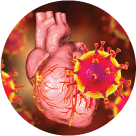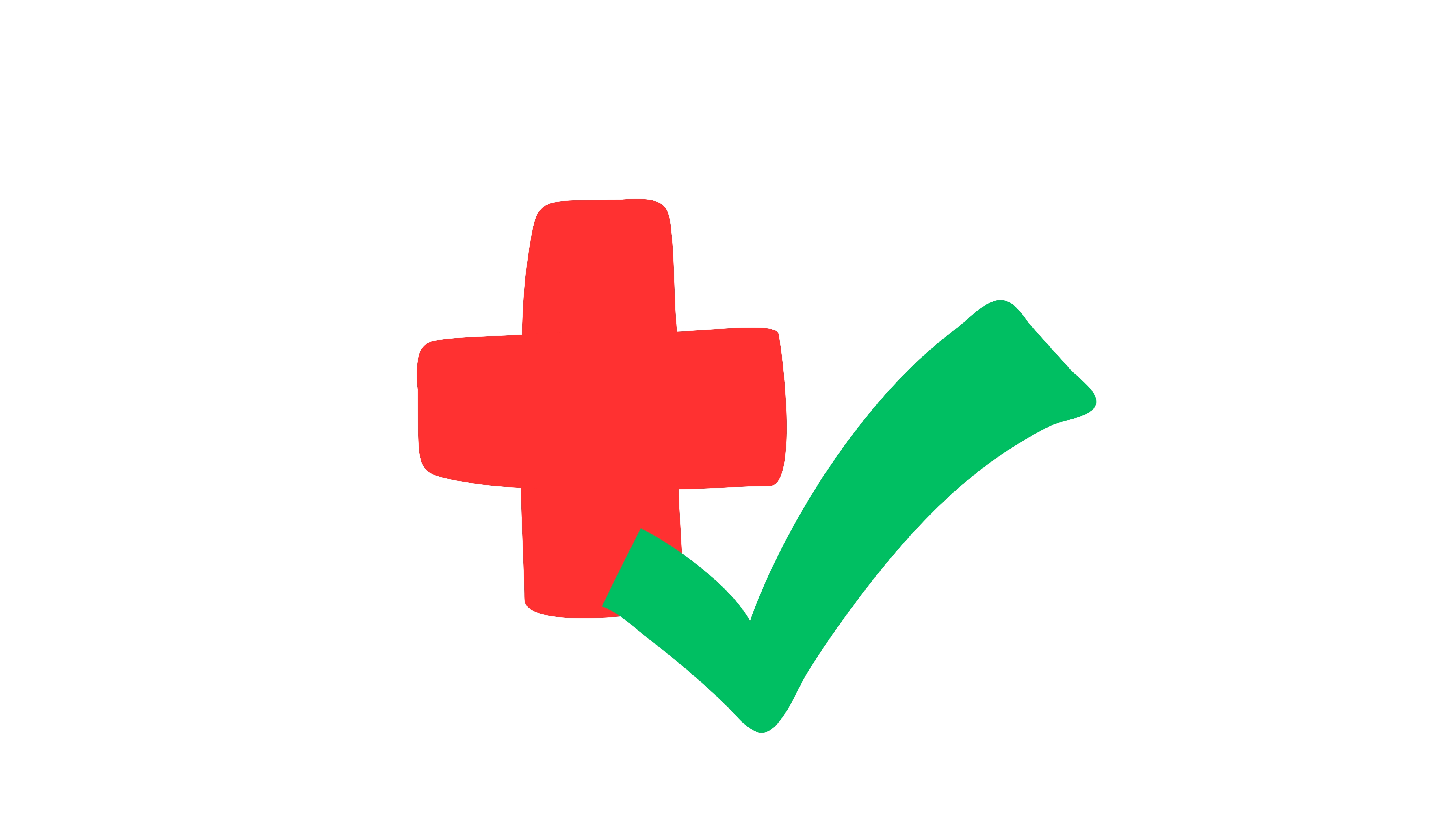ECHOCARDIOGRAPHY (ECHO)
What is an Echo scan?
An echocardiogram (ECHO) is a type of ultrasound scan that is conducted to evaluate the heart and the nearby blood vessels.
This test aims to monitor and assess the functioning of the heart and valves. It also enables a cardiologist to evaluate the blood flow in the blood vessels and to monitor the heart’s pumping chambers.
An echo works on the same principles as that of ultrasound, using high-frequency sound waves that bounce off of different parts of the heart. This, in turn, produces high-quality images which are displayed on a screen.
This heart test is a non-invasive and painless diagnostic procedure. For additional clarity and depending on the cardiac condition the test is being conducted, the echo can also be paired by Doppler ultrasound and colour Doppler scans.
There are two main types of frequently recommended echocardiograms. These are:
- Transthoracic echocardiogram: The frequently ordered echo test, the Transthoracic echocardiogram is conducted to evaluate your overall heart health as well as to measure the contraction of the heart’s muscles.
-
Stress echocardiogram: This echo test type is conducted to ascertain your’s heart’s functioning while stressed. The test typically includes physical exertion induced stress with the help of a workout cycle, a treadmill or by administering Dobutamine, to make your heart beat faster.
Why is an Echo scan required?

To assess damage from a heart attack

Infection of the heart’s valves (endocarditis)

Congenital heart disease

Cardiomyopathy

Heart failure
STRESS ECHO ?
Stress echocardiography is a medical imaging test that uses ultrasound technology to evaluate the heart's function under physical stress, typically exercise or medication-induced stress. It's a valuable tool for diagnosing and monitoring cardiovascular conditions, particularly coronary artery disease.
# How is stress echocardiography performed?
During a stress echocardiography test:
1. Initial echocardiogram: A resting echocardiogram is performed to evaluate the heart's function at rest.
2. Exercise or medication-induced stress: The patient is asked to exercise on a treadmill or stationary bike, or is given medication to increase heart rate and blood pressure.
3. Stress echocardiogram: An echocardiogram is performed immediately after exercise or stress, to evaluate the heart's function under stress.
4. Comparison: The resting and stress echocardiograms are compared to evaluate changes in heart function.
# What does stress echocardiography measure?
Stress echocardiography measures:
1. Heart function: Evaluates the heart's pumping efficiency, valve function, and overall performance.
2. Coronary artery disease: Detects blockages or narrowing of the coronary arteries, which supply blood to the heart.
3. Cardiac output: Measures the heart's ability to pump blood effectively.
# Benefits of stress echocardiography
Stress echocardiography offers several benefits:
1. Non-invasive: Does not require insertion of catheters or other invasive procedures.
2. Low risk: Has a low risk of complications compared to other cardiac tests.
3. High accuracy: Provides accurate information about heart function and coronary artery disease.
4. Guides treatment: Helps guide treatment decisions, such as medication, angioplasty, or surgery.
# Who is a candidate for stress echocardiography?
Stress echocardiography is typically recommended for:
1. Symptomatic patients: Those experiencing chest pain, shortness of breath, or other cardiac symptoms.
2. High-risk patients: Those with risk factors for coronary artery disease, such as high blood pressure, high cholesterol, or family history.
3. Patients with known coronary artery disease: To monitor disease progression and guide treatment.



